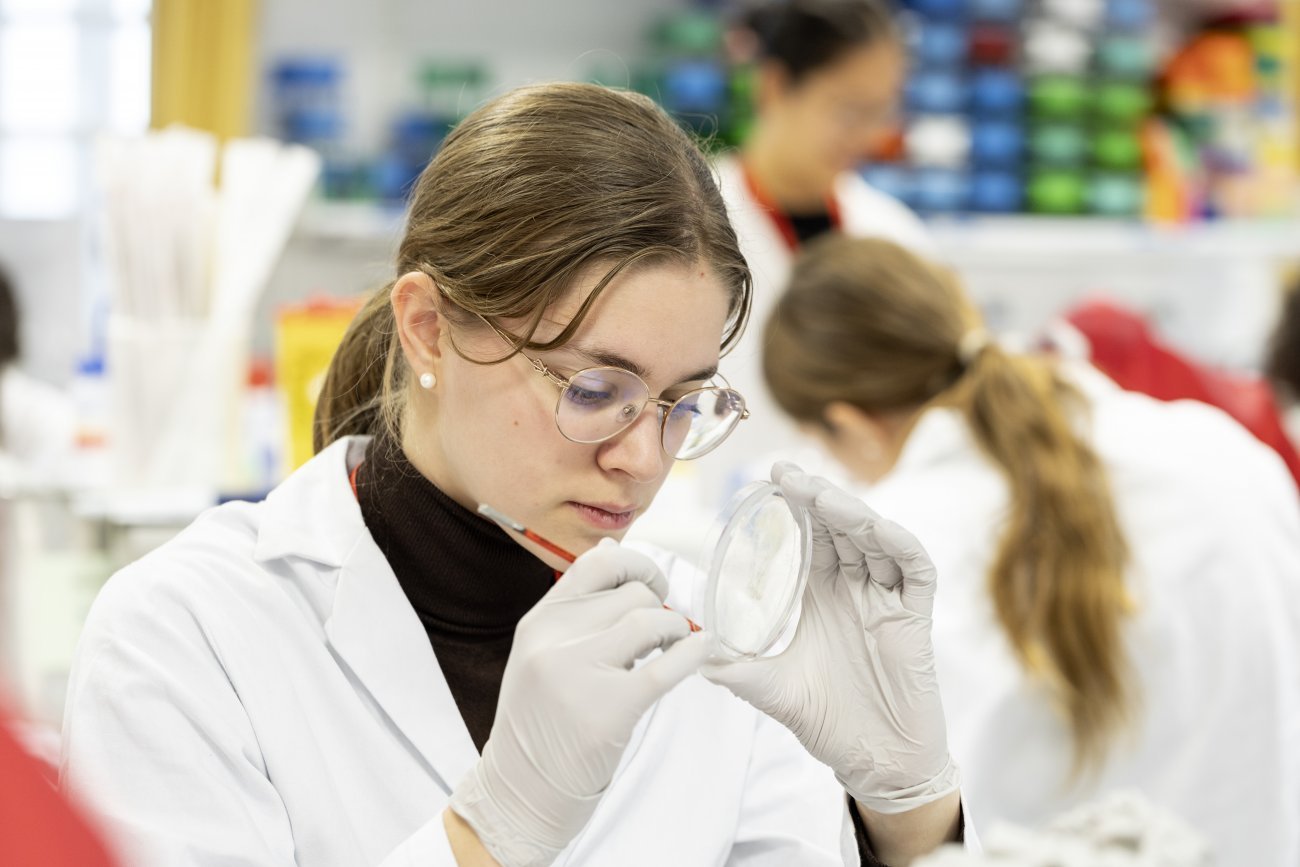You can help strengthen access to and excellence in scientific education. Through our patronage program for education, support concrete initiatives: student housing and fight against student precariousness, international scholarships, MOOCs development and training the physician-scientists of tomorrow.
